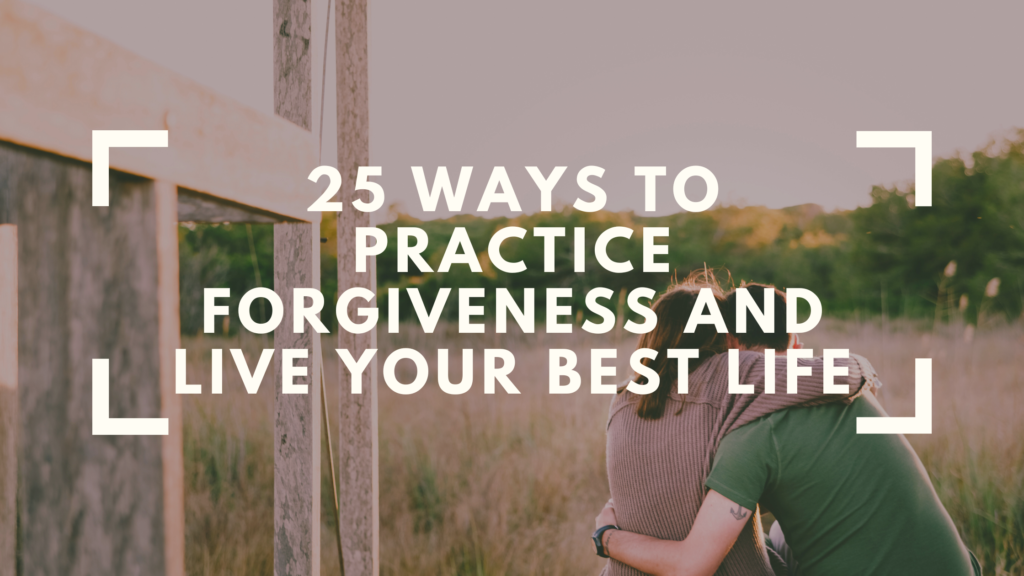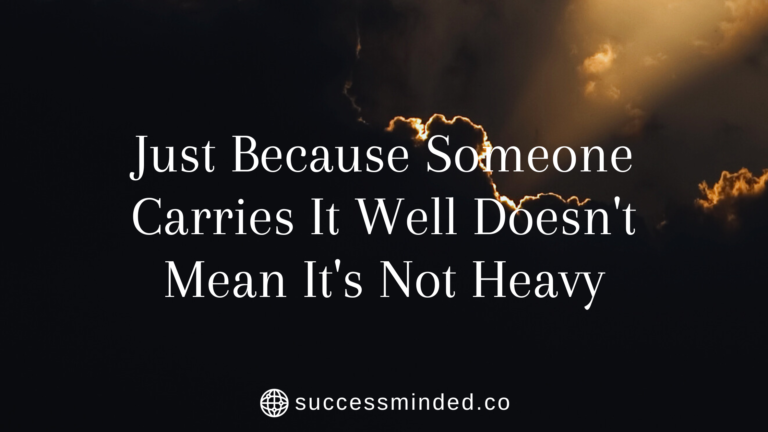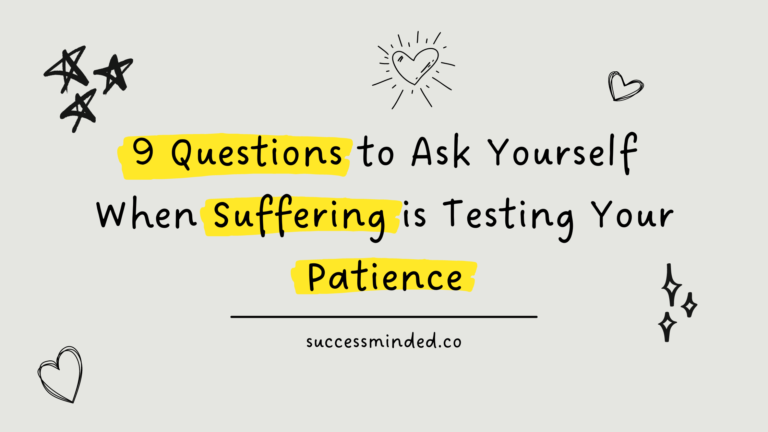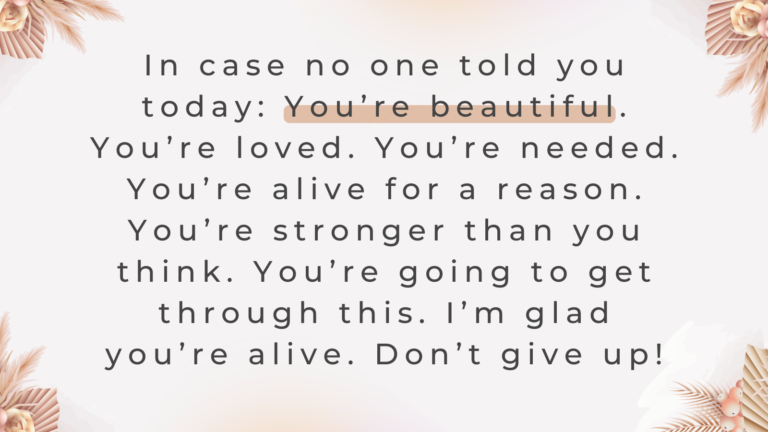In the vast and intricate world of personal growth, there’s one skill that tends to be overlooked yet holds the power to transform our lives in extraordinary ways: the art of forgiveness. Now, before you roll your eyes and dismiss the idea as another overhyped self-help fad, hear me out…
Practicing forgiveness can be a game-changer in terms of our emotional well-being, relationships, and personal development. And let’s be honest—who wouldn’t want to unlock the secret to a happier, more fulfilling life?
In this article, we’ll explore the ins and outs of forgiveness, delving into the different types, uncovering the surprising benefits, and even sharing some seriously practical (and, dare I say, enjoyable) strategies for mastering this life-altering skill. So, sit back, relax, and let’s embark on a journey to discover how practicing forgiveness can add a dash of joy, a pinch of understanding, and a whole lot of emotional freedom to your life. Trust me; it’s a ride worth taking.

Understanding Forgiveness
Ready to have your mind blown? Here comes the big reveal: forgiveness is… drumroll, please… the act of letting go of resentment, anger, or negative feelings toward someone who has wronged you (or yourself, if you’re your own worst critic). Mind-blowing, right? Who knew such a simple concept could be so darn complicated!
Picture this: someone accidentally steps on your foot, and instead of holding a grudge, you graciously accept their apology and let go of any negative feelings. That, my friend, is forgiveness. Simply put, it’s the process of releasing anger, resentment, or bitterness toward someone who has caused you harm (or even toward yourself when you mess up).
Types of forgiveness
Forgiveness can be of two types, namely:
Forgiving yourself
This is often referred to as self-forgiveness.
We all make mistakes, and sometimes, we’re our own worst enemies. Self-forgiveness is the act of letting go of guilt, shame, or remorse about our own actions or shortcomings. It’s like giving yourself a “Get Out of Jail Free” card, so you can stop dwelling on past errors and focus on becoming a better version of yourself. You know, the one who learns from mistakes and doesn’t beat themselves up over every little thing. So, go on, embrace self-forgiveness, and watch your life transform!
Forgiving others
Now, onto the main event: forgiving others. This is the part where you let go of those pesky grudges and negative feelings you’ve been holding onto like precious treasure. The truth is, other people aren’t perfect (shocking, I know!).
They’ll mess up, hurt your feelings, or do things that make you want to scream. But guess what? By forgiving them, you’re actually doing yourself a favor. You’re freeing up mental and emotional space for more positive vibes and healthier relationships.
Plus, showing compassion and understanding to others often leads to better connections and a happier life. So, go ahead, be the forgiveness superstar you were always meant to be!
Why Practice Forgiveness
Let’s chat about why forgiveness is such a big deal. I mean, sure, it’s nice to let go of grudges and all that jazz, but why is it so crucial?
Well, for starters, practicing forgiveness is like spring cleaning for your soul. It clears out all the emotional clutter that’s been bogging you down and making you feel like you’re carrying the weight of the world on your shoulders. Plus, it’s a crucial ingredient in the recipe for personal growth, emotional well-being, and relationship harmony.
So, basically, forgiveness is like the secret sauce that makes life a whole lot tastier!
Benefits of forgiveness
Now, if you’re not already sold on the idea of forgiveness, let me dazzle you with some of its amazing benefits. It’s like a magic elixir that offers:
- Reduced stress: Say goodbye to the tension and anxiety that comes with holding onto grudges! Forgiveness is like a stress-relief massage for your mind.
- Increased empathy: When you practice forgiveness, you learn to put yourself in other people’s shoes and understand their perspective. It’s like a crash course in human connection!
- Better mental health: Who wouldn’t want a healthier, happier brain? Forgiving others (and yourself) is like giving your mind a much-needed vacation from all the negativity.
- Enhanced self-esteem: When you let go of guilt and resentment, you’ll be amazed at how much better you feel about yourself. It’s like discovering a hidden treasure trove of self-love!
So, there you have it—the fabulous benefits of forgiveness. Why not give it a try? After all, you’ve got nothing to lose and a whole world of happiness to gain!
How to Practice Forgiveness
A. Forgiving yourself
Alright, let’s tackle self-forgiveness once more, this time with a fresh perspective and some new strategies to help you truly master the art of forgiving yourself:
- Identify the lessons: Look for the takeaways from your mistakes and use them to guide your future actions and decisions.
- Offer yourself understanding: Recognize that everyone makes mistakes, and try to understand why you acted the way you did at the time.
- Challenge your inner critic: Question and reframe those self-defeating thoughts that keep you stuck in guilt or shame.
- Practice self-care: Nurture your body, mind, and spirit with activities that promote well-being and personal growth.
- Visualize self-forgiveness: Imagine yourself in a state of total self-acceptance, free from the burdens of guilt and regret.
B. Forgiving others
Now, let’s explore some fresh approaches to forgiving others, so you can truly excel at releasing grudges and fostering healthier relationships:
- Acknowledge your emotions: Be honest with yourself about the feelings you’re experiencing, whether it’s anger, hurt, or disappointment.
- Consider the other person’s background: Reflect on the offender’s past experiences, upbringing, or circumstances that might have contributed to their behavior.
- Set your intention to forgive: Make a conscious decision to let go of resentment and work towards forgiveness.
- Create a safe space for dialogue: If possible, find a comfortable and non-confrontational environment to discuss your feelings with the person who hurt you.
- Practice active listening: When engaging in conversation with the offender, truly listen to what they have to say without interrupting or jumping to conclusions.
- Offer genuine forgiveness: Once you feel ready, express your forgiveness to the person who hurt you, either verbally or through a heartfelt gesture.
- Focus on rebuilding trust: Work together to reestablish trust and set the foundation for a healthier relationship moving forward.
By embracing these strategies for self-forgiveness and forgiving others, you’ll be well-equipped to tackle the challenges of forgiveness and create a more harmonious and fulfilling life.
25 Ways to Practice Forgiveness
Now that you understand what forgiveness is, why you should practice it, and how to practice it, let’s dive into 25 fantastic ways to make forgiveness a regular part of your life. Get ready to sprinkle these techniques into your daily routine like magical forgiveness fairy dust!
- Reflect on the situation: Take a moment to ponder the events that led to the need for forgiveness. Understanding is key!
- Empathize with the offender: Step into their shoes and try to see things from their perspective. You might be surprised by what you discover!
- Write a forgiveness letter: Put pen to paper and express your feelings in a heartfelt letter. You don’t even have to send it—just writing it can be therapeutic!
- Practice self-compassion: Be kind and gentle with yourself. You deserve love and understanding, too!
- Engage in mindfulness meditation: Take a few minutes each day to focus on your breath and bring your mind to the present moment.
- Set realistic expectations: Accept that nobody’s perfect, and that includes you and those around you.
- Accept responsibility for your feelings: Own your emotions and recognize that you have the power to choose how you react to situations.
- Seek professional help if needed: Don’t be afraid to reach out to a therapist or counselor if you need guidance on your forgiveness journey.
- Develop a gratitude practice: Focus on the positives in your life and cultivate an attitude of thankfulness.
- Utilize positive affirmations: Remind yourself of your strength and resilience with uplifting statements.
- Create a forgiveness ritual: Develop a personal routine to help you process and release negative emotions.
- Share your forgiveness journey: Talk to friends or family members about your experiences with forgiveness. You might inspire them, too!
- Visualize the person and situation: Picture the individual and circumstances in your mind’s eye, and imagine a positive resolution.
- Release negative emotions through physical activity: Go for a run, dance, or hit a punching bag to let go of pent-up feelings.
- Practice patience: Remember that forgiveness is a process, and it takes time to heal.
- Replace negative thoughts with positive ones: Shift your mindset by focusing on the good things in your life.
- Remember past instances of forgiveness: Reflect on previous times when you’ve forgiven others or yourself, and draw strength from those experiences.
- Find meaning in the experience: Look for lessons or silver linings in the situation, and use them to grow as a person.
- Accept apologies sincerely: When someone says sorry, embrace their words with an open heart and let go of any lingering resentment.
- Keep a forgiveness journal: Write about your experiences with forgiveness, and track your progress over time.
- Focus on the present moment: Don’t dwell on past hurts. Instead, concentrate on the here and now and what you can do to create a positive future.
- Seek support from others: Reach out to friends, family, or support groups to help you navigate the challenges of forgiveness.
- Set boundaries for future interactions: Establish healthy boundaries to protect yourself and your relationships moving forward.
- Express your feelings through art or writing: Channel your emotions into creative outlets, like painting, drawing, or journaling.
- Commit to personal growth and self-improvement: Continuously strive to become the best version of yourself, and remember that forgiveness is a vital part of that journey.
Conclusion
And there you have it, folks! We’ve explored the wild and wonderful world of forgiveness, learned about its many benefits, and even delved into some fantastic techniques for mastering this life-changing skill. And let’s face it; we could all use a little more forgiveness in our lives—whether it’s forgiving ourselves for that embarrassing faux pas or letting go of that grudge we’ve been clinging to like a lifeline.
So, go on, give forgiveness a whirl, and watch as your life becomes a delightful cocktail of love, understanding, and emotional freedom. Embrace the power of forgiveness, and you’ll be well on your way to healthier relationships, a happier mindset, and a more fabulous version of yourself. After all, as the saying goes, “To err is human; to forgive, divine.” Now, who wouldn’t want a taste of the divine? Cheers to forgiveness and all the wonderful things it brings!




Pingback: 11 Choices That Can Change Your Life Forever – Success Minded